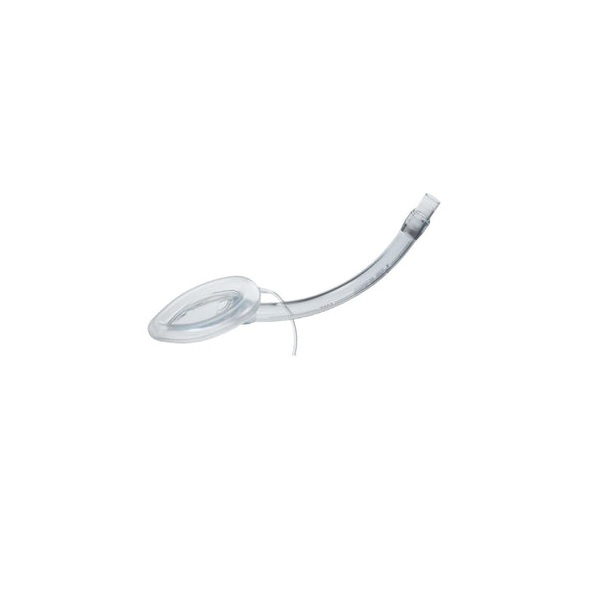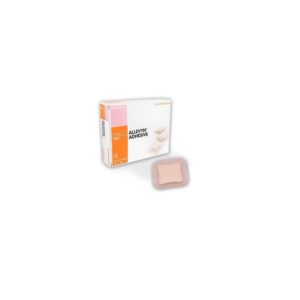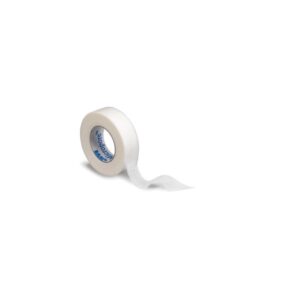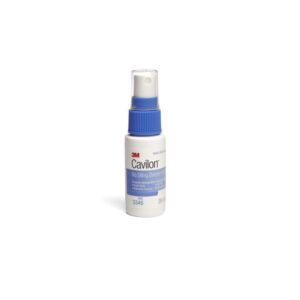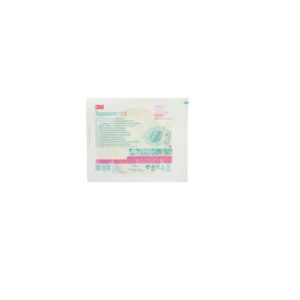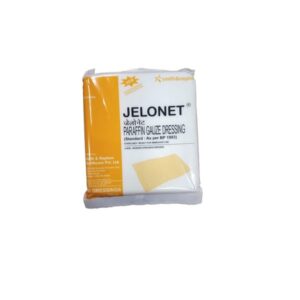– The LMA Unique Laryngeal Mask is a first generation, versatile airway with aperture bars
– The aperture bars are designed to prevent the blockage of airflow by the epiglottis
– These laryngeal masks are not made with natural rubber latex (Latex Free) and are sterile
– The laryngeal mask is meant for single patient use only
– This unique laryngeal mask from teleflex features a soft and flexible cuff and facilitates smooth emergence from anaesthesia
– The LMA Unique mask is considered to be used for:
– Operation Theatre
– Crash carts
– Emergency departments
– Pre-hospital
– Ambulance
– The mask is available in 7 sizes:
– 1, Neonates/Infants (5 kg)
– 1.5, Infants (5-10 kg)
– 2, Infants/Child (10-20 kg)
– 2.5, Child (20-30 kg)
– 3, Child (30-50 kg)
– 4, Medium Adults (50-70 kg)
– 5, Large Adults (70-100 kg)
– Supraglottic airway devices (SADs) are devices that keep the upper airway clear for unobstructed ventilation. Laryngeal masks are a type of supraglottic airway which keep a patient’s airway open during the state of unconsciousness and when the patient is under anesthesia. When the laryngeal mask is correctly placed, it sits above the glottis in the hypopharynx region.
– Supraglottic Airway Devices (SADs) comprise a vast group of tools designed to provide a means for ventilation, oxygenation and administration of anaesthetic gases during situations of respiratory arrest or in a patient who is submitted to a surgical procedure under general anaesthesia.The laryngeal mask airway (LMA) is an acceptable alternative to mask anesthesia in the operating room. It is often used for short procedures when endotracheal intubation is not necessary.
– How to insert a Laryngeal Mask Airway:
– First, Deflate The Cuff Properly
– Lubricate the Posterior LMA Surface
– Slight Flexion of the Head on the Neck Can Help
– How You Hold the LMA Matters
– Open The Mouth As Wide As You Can
– Insert As Far Back as Possible Until It Seats
– Be careful With the Tongue
Shipping Policy
Orders made at Medpick are initiated and processed for shipment upon receipt of request from the customer. Please note that our Shipping Services (Fee, Transportation, Loss or Damage of any shipment, etc.) are in accordance with the Seller\'s terms of Shipment.
Refund Policy
Please refer to Medpick Return Policy.
Cancellation / Return / Exchange Policy
Please refer to Medpick Return Policy.
 REGISTER
REGISTER
 SIGN IN
SIGN IN

